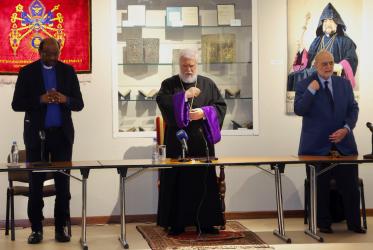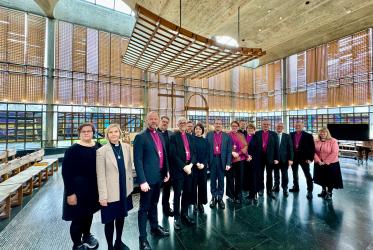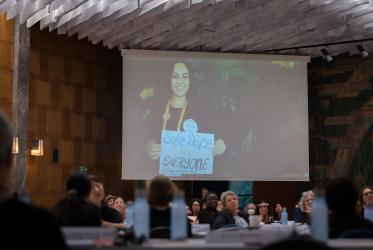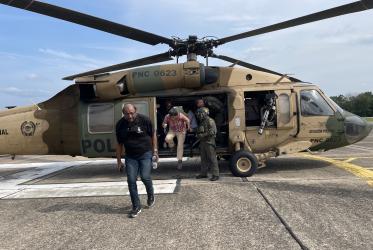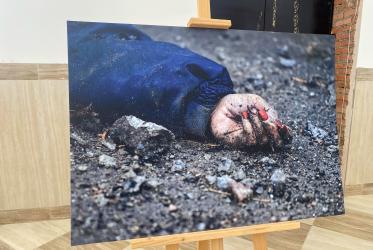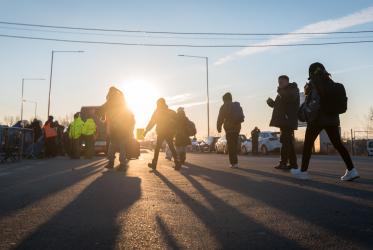Displaying 1 - 20 of 1726
WCC, WHO commemorate 50 years of collaboration
04 April 2024
Award-winning work means interactive storytelling with inclusivity
06 February 2024
Thirsting for peace: Gaza's water woes in the midst of war
31 January 2024
WCC sees firsthand those most affected by conflict in Colombia
15 December 2023
Tackling sexual violence in war
14 December 2023



